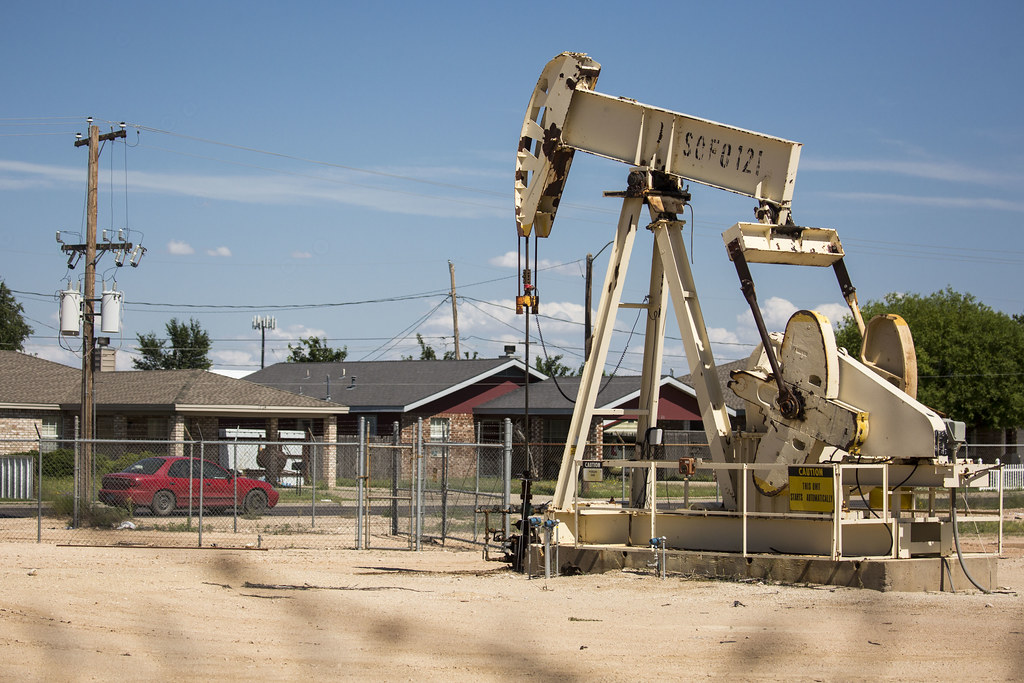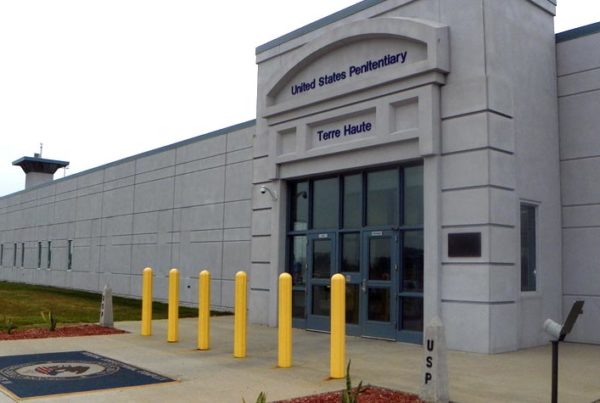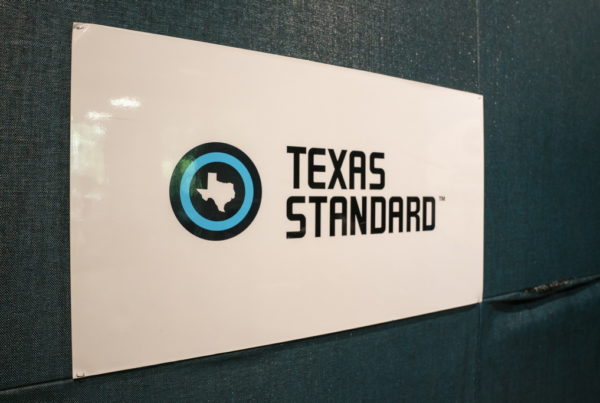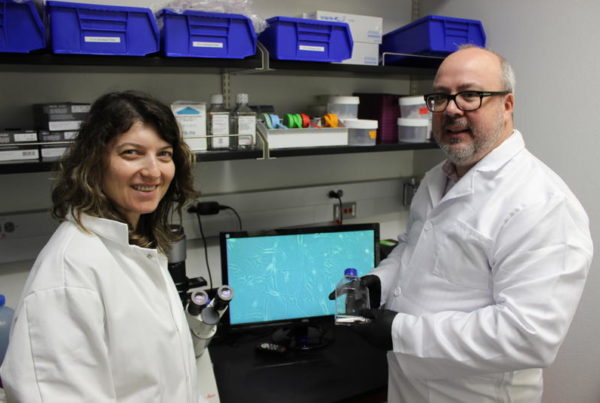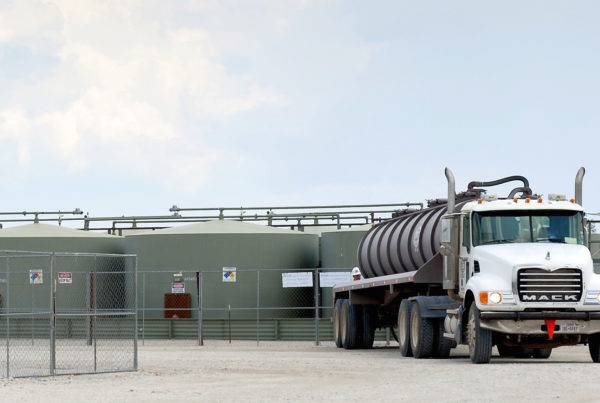A recently-published health study indicates expectant mothers living near extensive oil and gas development run a higher risk of having children with birth defects.
The study from the Colorado School of Public Health found that mothers living near intense oil and gas activity have a 40 to 70 % higher chance of birthing children with congenital heart defects. Roughly 4.5 million Texans live within a mile of active oil and gas facilities, according to a 2017 study by the nonprofit Physicians, Scientists and Engineers for Healthy Energy.
Dr Lisa McKenzie is an assistant research professor at the Colorado School of Public Health and the study’s senior author. McKenzie says the study analyzed 3,300 infants born in Colorado between 2005 and 2011 to arrive at its conclusion.
“What we observed is that more children were being born with a congenital heart defect in areas with the highest intensity of oil and gas well activity,” McKenzie says.
The reason for the connection between birth defects and oil activity is outside the scope of the study, McKenzie says, but it still supports a larger breakthrough.
“It does provide more evidence that there may be something about oil and gas development or some emission associated with oil and gas development that is putting children at higher risk,” McKenzie says.
These dangers are posed from any oil and gas activity, McKenzie says, which includes well-drilling, hydraulic fracturing and production procedures.
“In addition to the density of the wells, you have to account for the intensity of activity on those well sites,” McKenzie says. “Not every well site looks like another well site.”
And although McKenzie says congenital heart defects are rare to begin with, she suggests consulting with a doctor before conceiving if you live in an area of extreme oil and gas activity.
Written by Hayden Baggett.


